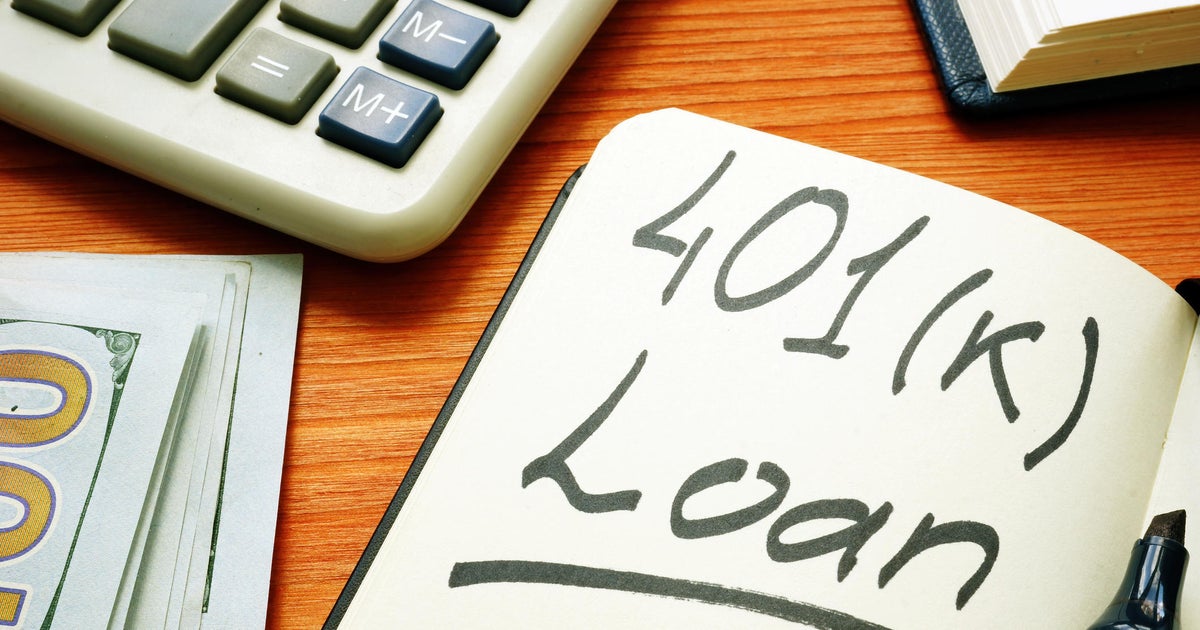Charitable givers, Trump's tax plan means move fast
Among the tax-saving strategies to consider as part of your year-end planning involves your charitable donations.
First, some background regarding how President-elect Trump’ tax plan could affect your 1040 in 2017. He wants to reduce the number of individual income tax brackets from the current seven to three, with rates of 12, 25 and 33 percent. This means the current top tax rate of 39.6 percent would be cut by 6.6 percentage points, to 33 percent. Trump’s tax plan would also cap the total amount of itemized deductions at $100,000 for single filers and $200,000 for joint filers.
Under today’s rules, if you’re in the top 39.6 percent bracket, each $1,000 donated to a charity in 2016 will result in federal tax savings of about $400. But if Trump’s plan becomes reality in 2017, that same donation made next year would yield a tax savings of only about $330 (under the proposed top 33 percent bracket).
If you fall into the proposed 25 percent tax bracket, each $1,000 donation would result in tax savings of just $250.
And if your itemized deductions are limited by the proposed cap, then some of your charitable donation deductions in future years could be disallowed altogether.
That means people in higher income brackets who plan to make charitable donations in future years should consider bunching, or front-loading, their donations for the next several years by making larger gifts before Dec. 31.
One way to do this is to use a donor giving account under a charitable giving program, or a donor-advised fund. Major financial firms, including Fidelity, Schwab and Vanguard offer charitable giving programs and make it easy to set up.
Here’s how it works. You open a special brokerage account, called a donor giving account, in which you’re the donor and account holder, and the account is held in custody by a charitable fund sponsored by the financial firm.
Next, you decide how much you want to transfer into this new account. Say you typically make donations of $10,000 per year, you could decide to front-load your giving by making a larger donation in 2016 of $40,000 into the new account. You would then be allowed to claim a $40,000 charitable donation for 2016.
Over the next four years, you can direct the charitable fund to disburse the money from this account to the charities of your choice, in the amounts and at the times you specify. The best part is that you can claim a charitable donation tax deduction on your 2016 tax return for the $40,000 you transferred into the donor giving account.
Note that using a donor giving account under a charitable fund program has three downsides.
First, the transfer into a donor giving account is irrevocable. You can’t take it back -- and all the funds must be donated to charitable organizations.
Second, unless your donor account is funded with a larger balance (such as $250,000 or more) most programs require that the cash or securities you transfer into it be invested into one of their proprietary investment strategies offered under the program. If you’re a skilled and experienced investor, you might do better by keeping your money and investing it yourself.
Finally, these charitable funds charge administrative fees, typically in the 0.60 percent range, which is a fee for servicing and disbursing the funds in future years. You’ll want to make sure to use an investment strategy that’s likely to earn a return that more than offsets this fee, which shouldn’t be hard to do.
If using a donor giving account to make a larger charitable donation in 2016 appeals to you, the best way to do it is to transfer appreciated shares of stock or a fund you already own in an existing taxable account. This results in two tax benefits: a charitable deduction and avoiding ever paying tax on the capital gain from the donated stock or mutual fund shares. Given the stock markets’ recent record highs, this appears to be a smart thing to do now.
Don’t delay. The account must be set up and the transfer into it must be completed before Dec. 31.




